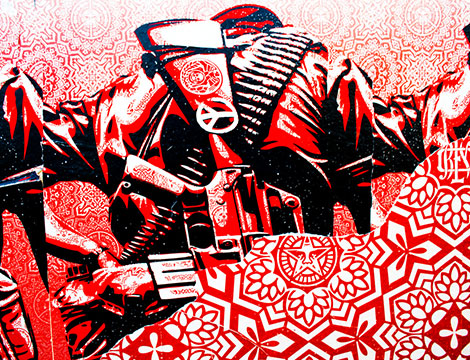
This article was originally published by the Institute for Security Studies (ISS) on 22 June 2017.
This potentially effective unit is being hamstrung by politics and concerns about using force in peace operations.
The Force Intervention Brigade (FIB), the sharp end of MONUSCO – the UN peacekeeping mission in the Democratic Republic of the Congo (DRC) – earned its stripes in 2013 when it helped the DRC’s army defeat the powerful Rwanda-backed M23 rebels in the east of the country.
But not a lot has been heard about the FIB since, though it has remained deployed in the eastern part of the country for four years. What has it been doing?
The unit of some 3 000 troops from South Africa, Tanzania and Malawi has a more muscular mission than the rest of MONUSCO to use necessary force to ‘neutralise’ all the ‘negative’ armed rebel groups in eastern DRC. Its second target was supposed to be the Democratic Forces for the Liberation of Rwanda (FDLR), the armed group founded in the mid-1990s by Rwandan Hutus who fled the country after the genocide against the Tutsis.




